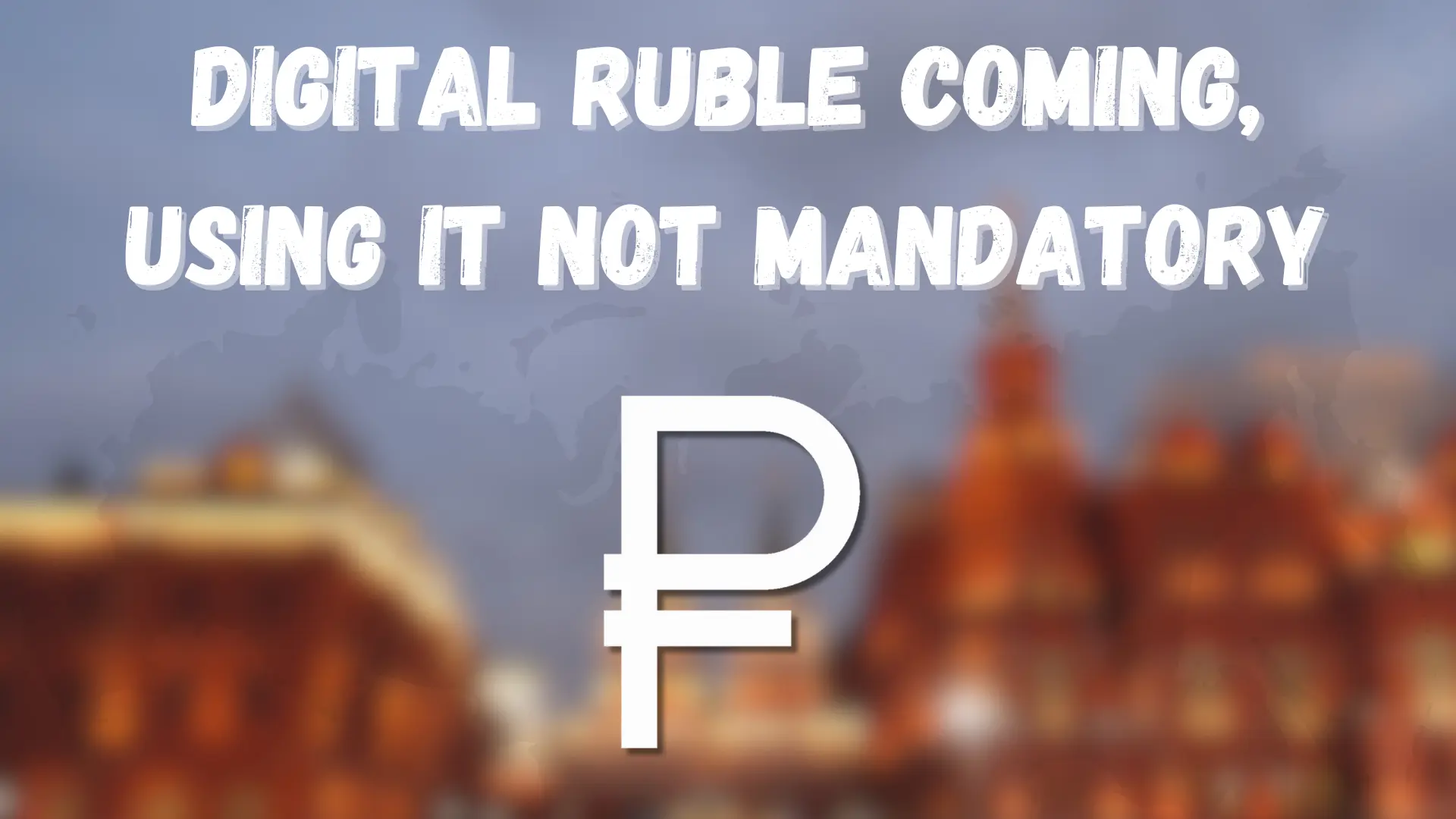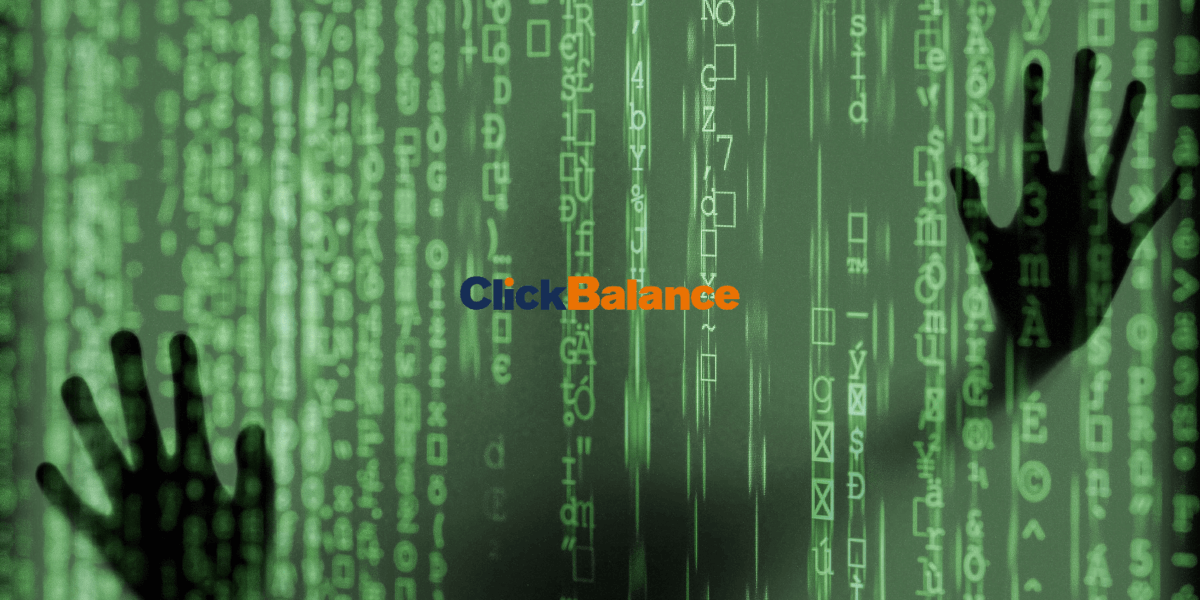Digital Ruble Coming, Using It Not Yet Mandatory
4 min. read
Updated on
Read our disclosure page to find out how can you help VPNCentral sustain the editorial team Read more

According to social media rumors, the deadline for Russian citizens to refuse transferring to the digital ruble is August 31.
We looked at whether this is really the case and how it connects to the biometric data transfer.
Do Russians have to use digital rubles?
In the past few days, Russians have flooded social media with posts about biometric data collection and the digital ruble.
This came as the deadline for refusing one’s biometric data to be transferred to the Unified Biometric System (UBS) started approaching.
On September 1, the authorities will start moving biometric data banks and other organizations have collected to a single system. The deadline to submit a refusal for the transfer is August 31.
Similarly, online rumors also suggested that if people do not refuse transferring to the digital ruble, they would have to use it once the new currency officially rolls out.
Russian media has confirmed that these rumors aren’t true.
Yes, the Russian government is about to introduce its virtual money a.k.a. digital rubles.
However, this is still just an experiment to develop a domestic semblance of Bitcoin, although with a single issuer and center that bears obligations for it.
In the face of sanctions, the country has to find a way to support its economy and become less dependent on foreign currencies.
The Central Bank has said that the digital ruble will reduce costs for businesses, increase security, and prevent corruption.
Right now, 13 banks and 30 trade and service enterprises in 11 cities are participating in the test. Their job is to experiment with opening and closing digital wallets, transferring virtual money, and accepting QR code payments.
The scope of the test will increase in 2024 and even further in 2025, with participants joining.
Olga Skorobogatova, first deputy governor of the Bank of Russia, said that citizens and businesses will be able to use the new currency at their own request in 2025.
Over time, the digital ruble will become available to everyone. However, the government emphasizes that it will be a voluntary matter.
In other words, upon the digital ruble’s release, there will be three forms of the currency – cash, non-cash, and digital.
Citizens who don’t want to use the latter, don’t have to refuse it officially.
Connection to biometrics data
Rumors on social media mentioned August 31 as the deadline for refusing biometric data transfer and the use of the digital ruble.
Only the first part is true.
Those who don’t submit a biometrics transfer refusal by August 31 will have their data in the UBS.
However, they’ll still be able to request its deletion after the deadline. They’ll also have the option to request the deletion manually in 2024, through the State Services portal.
Still, this is in no way connected to the digital ruble.
There are no deadlines or the need to refuse the adoption of the country’s new digital currency, at least for now.
Once the government releases the digital ruble officially, it’ll just become another payment method Russian citizens will be able to use.
The collection of biometric data is not mandatory either. Lawyer Mikhail Fedotov said that according to Federal Law No. 572-FZ, the collection of such information without consent is impossible.
Clients of banks such as Sberbank, may have, however, agreed to such practice when joining. The data collected by those banks is now being moved by the government.
Is it possible that the country will one day make the use of the digital ruble and biometrics mandatory? In theory, yes.
But at the moment, this is not the case.
This means that August 31 isn’t the end of free life in Russia, as some social media posts have suggested.
We’ll have to wait and see what happens next, but experts don’t predict any negative scenarios.







